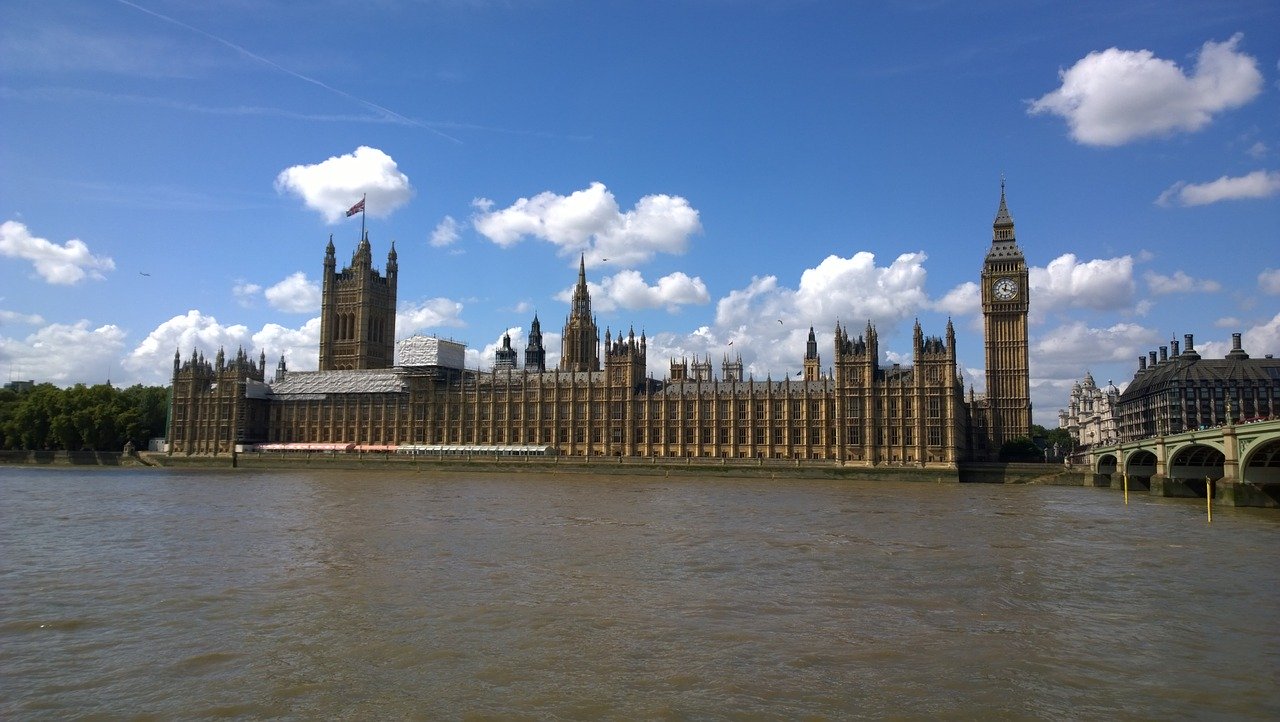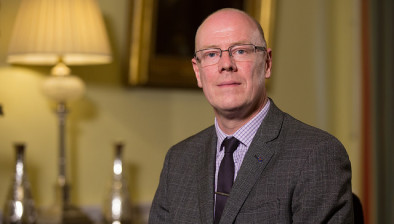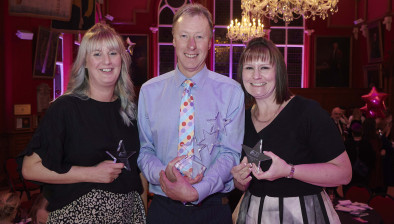House of Lords launches inquiry into Universal Credit
The House of Lords’ economic affairs committee has launched an inquiry into the economics of Universal Credit.

The committee will examine whether the welfare reform is meeting its original objectives and whether the policy assumptions reflected in its design are appropriate for different groups of claimants.
It will also examine the extent to which Universal Credit meets the needs of claimants in today’s labour market and the changing world of work.
The committee is seeking answers to the following questions:
- How well has Universal Credit met its original objectives?
- Were the original objectives and assumptions the right ones? How should they change?
- What have been the positive and negative economic effects of Universal Credit?
- What effect has fiscal retrenchment had on the ability of Universal Credit to successfully deliver its objectives?
- Which claimants have benefited most from the Universal Credit reforms and which have lost out?
- How has the world of work changed since the introduction of Universal Credit? Does Universal Credit’s design adequately reflect the reality of low-paid work?
- If Universal Credit does not adequately reflect the lived experiences of low-paid workers, how should it be reformed?
Written submissions are being sought from as diverse a range of views as possible, with anyone with experience or expertise on the issue under investigation encouraged to share their views.
Lord Forsyth, chairman of the economic affairs committee, said: “Our committee will consider if the original objectives of Universal Credit are still fit for purpose and able to provide adequate and fair social security. We will then make our recommendations to the government in due course.
“To inform our work we want to hear from as broad a range of people as possible. If you have a view on Universal Credit, look at our call for evidence and let us know what you think.”
The deadline for submissions to the call for evidence is February 29.







